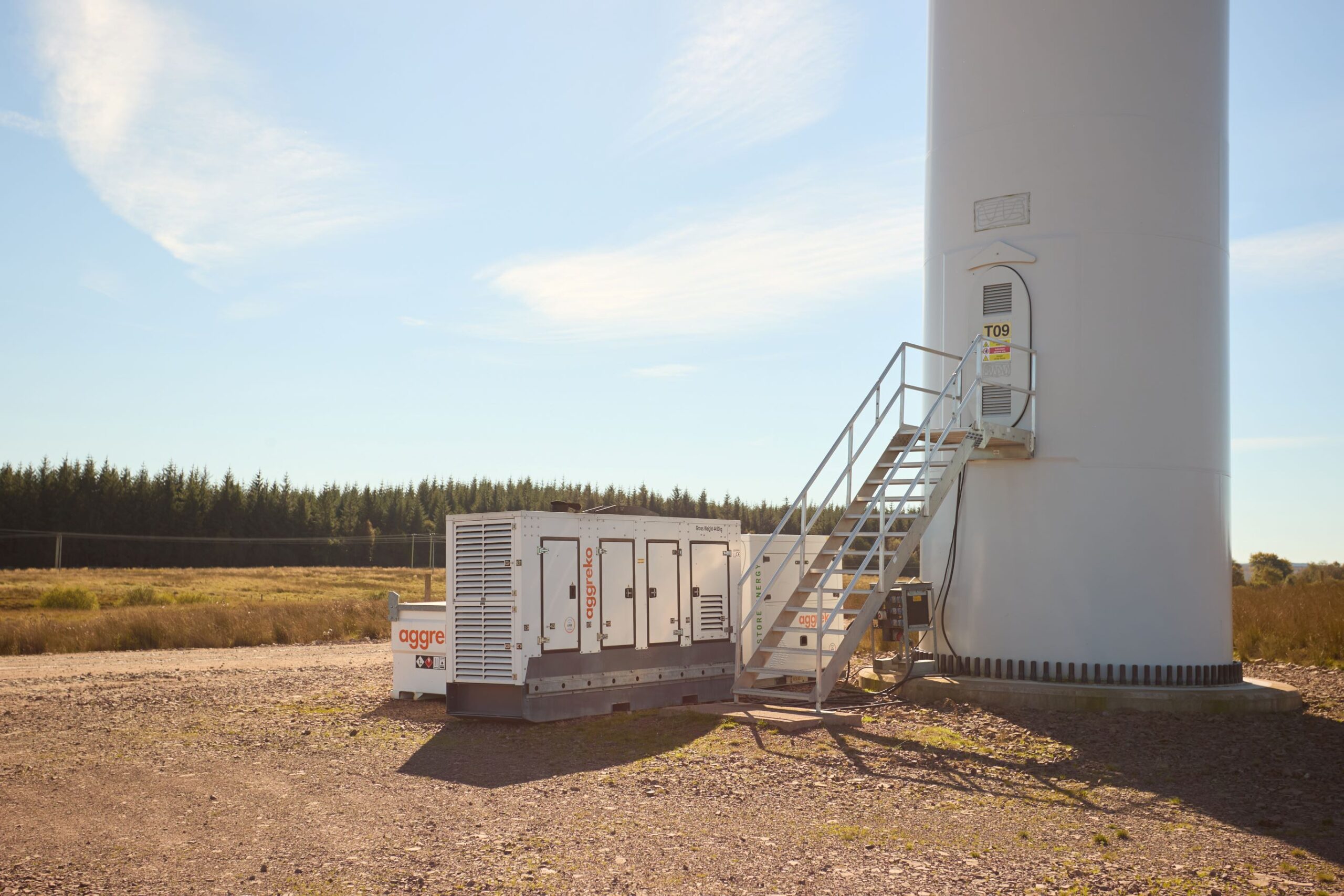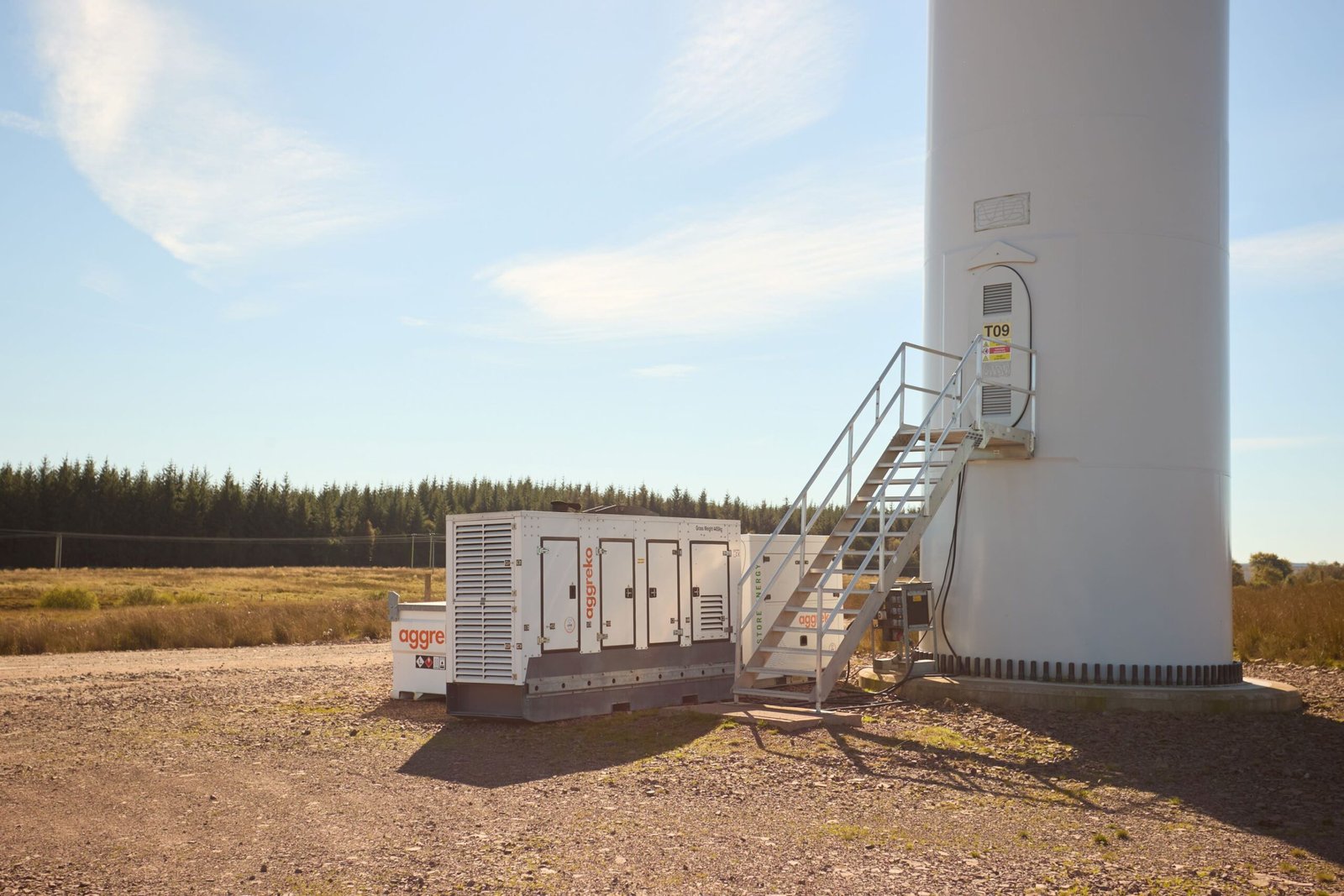
The success of the UK’s energy transition will rely on collaboration between businesses to maintain a robust supply chain, according to energy specialist Aggreko, discussing the launch of its latest research.
“Rebalancing the Energy Transition” reports that CEOs in the UK cite supply chain issues as the main risk to the energy transition, followed by lack of investment and access to technology.
This concern over the impact of supply chain comes as the UK government has reaffirmed its commitment to renewable energy production and infrastructure through its Clean Power 2030 commitment. The new initiative is aimed at overcoming barriers and accelerating progress on energy projects, including the recent plans to give approval power for onshore wind projects over 100MW to government ministers[1] over local authorities.
Clearly, successful rollout of infrastructure for renewable energy production and transmission, along with the energy transition of businesses across the UK, will require innovative ways of thinking within the energy supply chain.
Aggreko’s research showed that ambition around the energy transition among energy intensive businesses is also strong, with eight in 10 UK CEOs stating they will increase investment in the energy transition over the next 12 months. Though nine in ten (or 9 in 10) UK respondents cited they have adjusted timescales around energy transition targets, the UK has the highest proportion of CEOs (52%) across the countries surveyed that stated they have only adjusted short term goals and remain on track for net zero targets.
With ambition from businesses matching that of the government in terms of sustainability targets, Aggreko is highlighting how the entire supply chain must work together to ensure a successful energy transition.
Alan Dunne, UK and Ireland Managing Director at Aggreko, said: “With continued uncertainty around energy cost and resilience, businesses in the UK are facing the challenge of balancing profitability and sustainability. Much like the government and its Clean Energy 2030, UK businesses remain ambitious in making their energy transitions. However, our research has found that barriers and challenges still remain, even though the ambition to fund the energy transition is there.
“High energy costs and fluctuating energy security and resilience has continued to be a challenge for businesses, however, supply chain issues are clearly the biggest risk posed to energy transitions in the eyes of leaders. To overcome all of these challenges at once, it is imperative that businesses engage with expert partners across the supply chain to identify practical ways to reach ESG goals while keeping operations efficient and profitable.”
As the UK continues to develop renewable energy production and infrastructure, the report highlights the challenges around striking the right balance between commercial and ESG ambitions with energy procurement. A key part of this is working closely within the energy supply chain to assess requirements and challenges to choose the most practical solution to deliver efficiency and environmental benefits. Providing the latest efficient technologies through its Greener Upgrades portfolio, such as battery energy storage solutions and Stage V generators, is a central part of Aggreko’s sustainability framework Energising Change
Dunne continued: “Making a success of the energy transition relies heavily on businesses having the right technologies and solutions for their requirements, along with the expertise to implement it correctly. While reliable energy supply and stable costs remain in the balance for the UK, working with expert energy supply partners can provide businesses with this to provide resilience and cost efficiency throughout the energy transition.”

